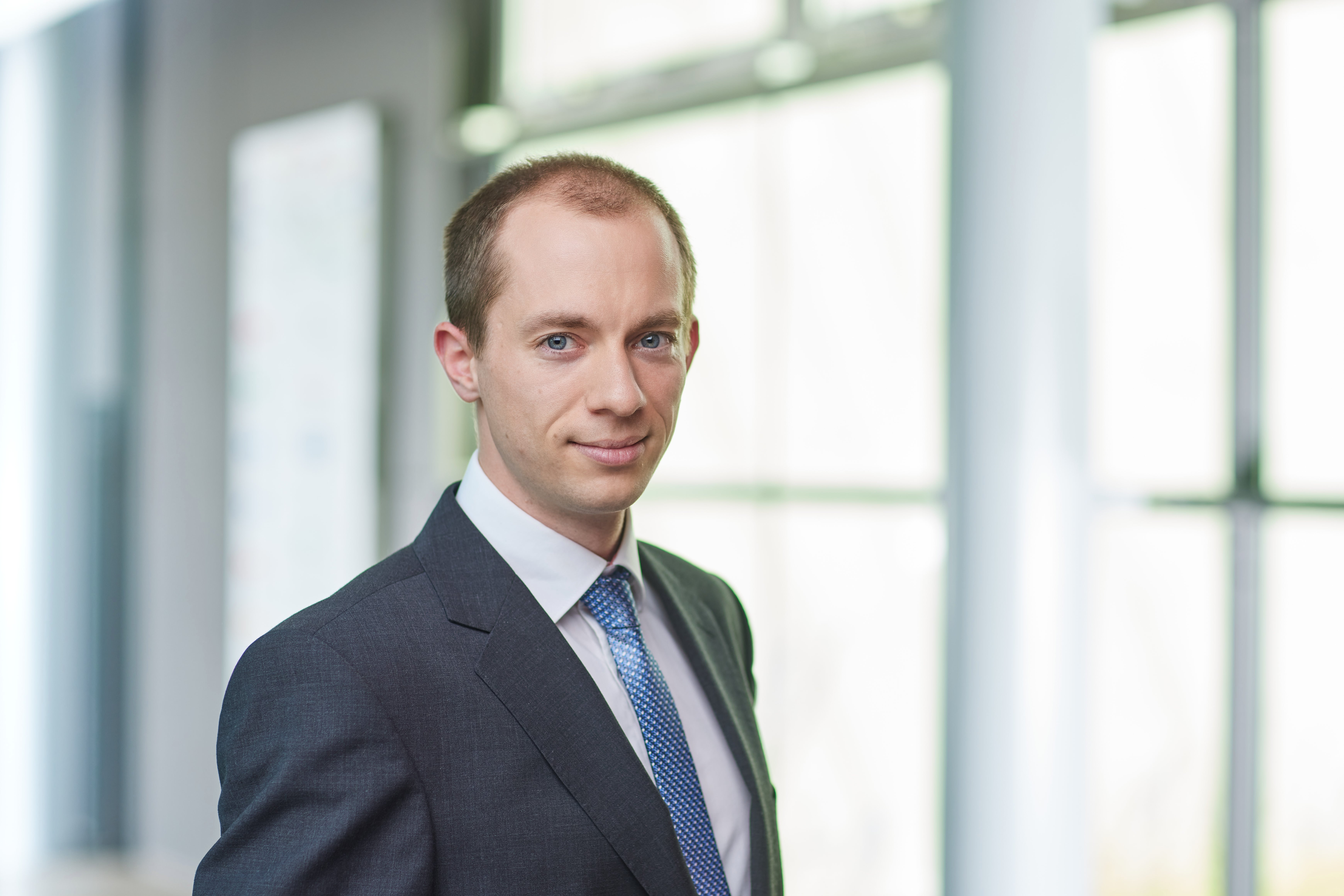Dr.-Ing. Tobias Bode


30823 Garbsen


Zwangsbedingungskonforme Diskretisierungen in der Materialmodellierung
Die Untersuchung und Modellierung komplexer Materialien erfordert oft die Charakterisierung ihrer Mikrostruktur, die maßgeblichen Einfluss auf die Reaktion des Materials auf äußere Einflüsse hat. Zur Beschreibung des Materialverhaltens werden Evolutionsgleichungen verwendet, die auf Variationprinzipien basieren. Durch Berücksichtigung charakteristischer Beobachtungen, wie etwa der Volumenerhaltung während einer Mikrostrukturänderung, kann die Genauigkeit der Evolutionsgleichungen erheblich verbessert werden. In diesem Forschungsprojekt wird das Hamilton-Prinzip für Materialien mit Mikrostrukturentwicklung verwendet. Mithilfe der Lagrange-Multiplikatoren-Methode lassen sich Evolutionsgleichungen herleiten, die den Einschränkungen der Mikrostrukturänderung gerecht werden. Dieser Ansatz wird anhand von Beispielen wie isochorer Plastizität und einem Phasentransformationsmodell untersucht. Im Fall der Plastizität stimmen die kontinuierlichen Evolutionsgleichungen mit denen überein, die aus dem oft verwendeten Prinzip der maximalen Dissipation resultieren. Ein tieferes Verständnis dieser Gleichungen vereinfacht dabei jedoch eine konsistente Diskretisierung. In der Abbildung ist der Unterschied einer zwangsbedingungskonsistenten und einer herkömmlichen Diskretisierung der Evolutionsgleichungen der finiten Elastoplastizität mit dem Backward-Euler-Verfahren bei der Zugprobe eines Zylinders im Einschnürungspunkt visualisiert.
Werdegang
| seit 2022 | Postdoc am Institut für Kontinuumsmechanik |
| 2022 | Verleihung des GACM Best PhD Award 2021 der German Association for Computational Mechanics |
| 2021 | Promotion (Dr.-Ing.), "mit Auszeichnung" |
| 2018 | Verleihung des Ernst-Blickle-Studienpreis der SEW-EURODRIVE-Stiftung |
| 2017-2021 | Wissenschaftlicher Mitarbeiter am Institut für Kontinuumsmechanik |
| 2017 | Master of Science, "mit Auszeichnung" |
| 2017 | Masterarbeit "Simulation of the Particle Distribution and Resulting Laser Processing of Selective Laser Melting Processes" in der Gruppe von Prof. Zohdi, UC Berkeley |
| 2016 | Verleihung des Dr.-Jürgen-Ulderup-Preises für herausragende Leistungen im Bachelor |
| 2015 | Bachelor of Science, "mit Auszeichnung" |
| 2013-2016 | Deutschlandstipendiat |
| 2012 | Niedersachsenstipendiat |
| 2012-2017 | Studium Maschinenbau an der Leibniz Universität Hannover |
| 2012 | Verleihung des DPG- und DMV-Abiturpreises |
| 1994 | Geboren in Hannover |
-
Publikationen
Zeige Ergebnisse 1 - 9 von 9
2023
One-point quadrature of higher-order finite and virtual elements in nonlinear analysis. / Bode, Tobias.
in: Computational mechanics, 03.11.2023.Publikation: Beitrag in Fachzeitschrift › Artikel › Forschung › Peer-Review
2022
Peridynamic Galerkin method: an attractive alternative to finite elements. / Bode, T.; Weißenfels, C.; Wriggers, P.
in: Computational mechanics, Jahrgang 70, Nr. 4, 10.2022, S. 723–743.Publikation: Beitrag in Fachzeitschrift › Artikel › Forschung › Peer-Review
2021
A consistent peridynamic formulation for arbitrary particle distributions. / Bode, T.; Weißenfels, C.; Wriggers, P.
in: Computer Methods in Applied Mechanics and Engineering, Jahrgang 374, 113605, 01.02.2021.Publikation: Beitrag in Fachzeitschrift › Artikel › Forschung › Peer-Review
Peridynamic Galerkin methods for nonlinear solid mechanics. / Bode, Tobias.
Hannover: Leibniz Universität Hannover, 2021. 161 S.Publikation: Qualifikations-/Studienabschlussarbeit › Dissertation
2020
Mixed peridynamic formulations for compressible and incompressible finite deformations. / Bode, Tobias; Weißenfels, Christian; Wriggers, Peter.
in: Computational mechanics, Jahrgang 65, Nr. 5, 05.2020, S. 1365-1376.Publikation: Beitrag in Fachzeitschrift › Artikel › Forschung › Peer-Review
2019
Peridynamic Petrov–Galerkin method: A generalization of the peridynamic theory of correspondence materials. / Bode, T.; Weißenfels, C.; Wriggers, P.
in: Computer Methods in Applied Mechanics and Engineering, Jahrgang 358, 112636, 24.09.2019.Publikation: Beitrag in Fachzeitschrift › Artikel › Forschung › Peer-Review
Investigation of heat source modeling for selective laser melting. / Wessels, H.; Bode, T.; Weißenfels, C. et al.
in: Computational mechanics, Jahrgang 63, Nr. 5, 15.05.2019, S. 949-970.Publikation: Beitrag in Fachzeitschrift › Artikel › Forschung › Peer-Review
2017
Entwicklung einer netzfreien Simulationsmethode auf Basis der flexiblen Elemente. / Bode, Tobias.
2017.Publikation: Qualifikations-/Studienabschlussarbeit › Sonstige Qualifikationsarbeit
Simulation of the Particle Distribution and Resulting Laser Processing of Selective Laser Melting Processes. / Bode, Tobias.
2017.Publikation: Qualifikations-/Studienabschlussarbeit › Masterarbeit





